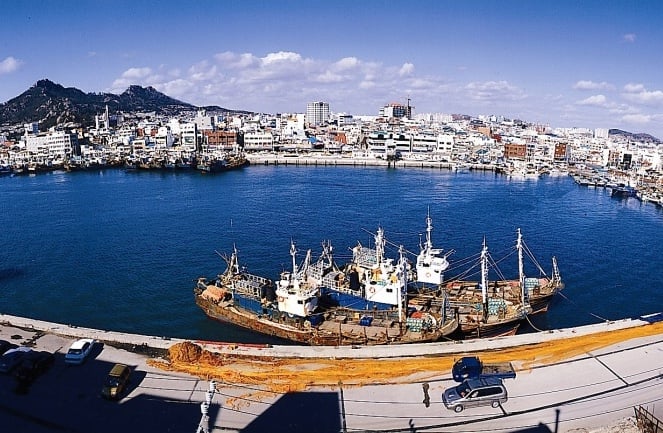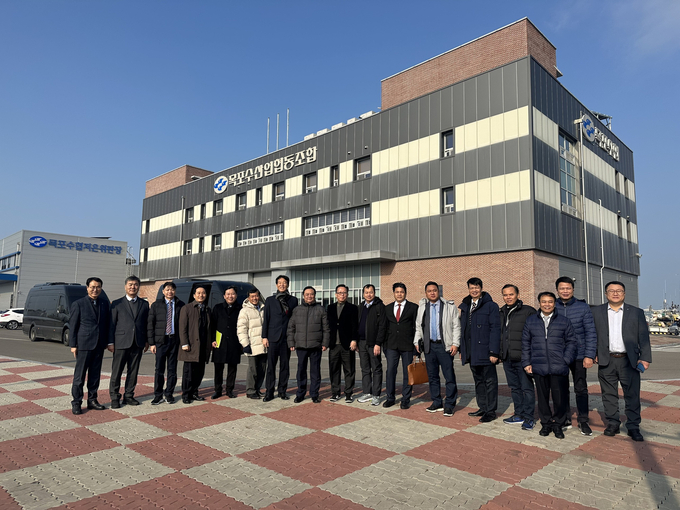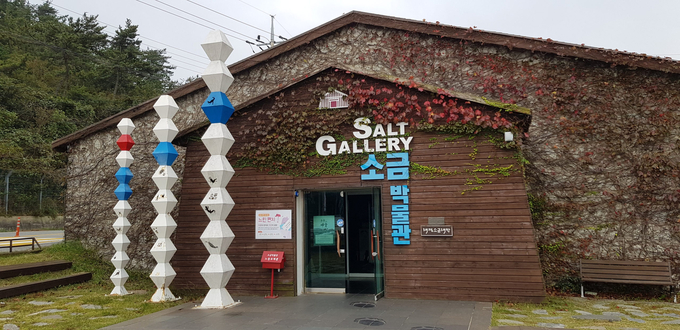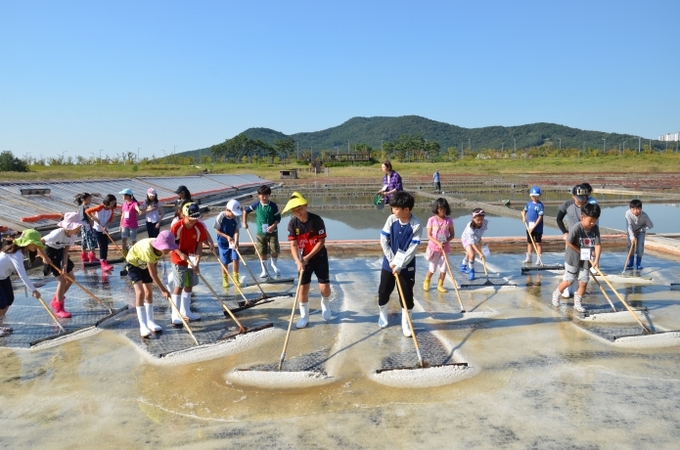June 15, 2025 | 13:04 GMT +7
June 15, 2025 | 13:04 GMT +7
Hotline: 0913.378.918
June 15, 2025 | 13:04 GMT +7
Hotline: 0913.378.918

Mokpo City in Southwestern Korea is a long-standing fisheries center.
Mokpo City, situated in southwestern Korea, has long been a hub for seafood. Positioned between Japan and China, Mokpo has been a pivotal commercial center since the early twentieth century, boasting a sizable fishing port and well-established coastal transportation routes. Surrounded by small islands, Mokpo is less susceptible to the effects of tides and tsunamis.
The Mokpo Fisheries Association, inaugurated in 1937, laid the foundation for the Mokpo Fisheries Cooperative, which officially commenced operations in 1962. Over the years, the cooperative has amalgamated 47 fishing villages, employing over 4,200 individuals along a 388 km coastline.
Chairman Kim Cheong-ryong of the Cooperative Alliance warmly welcomed Minister Le Minh Hoan and the delegation from the Ministry of Agriculture and Rural Development to Mokpo.
He highlighted, "We are the largest comprehensive fisheries support group with a focus on green growth and environmental friendliness in the southwestern region of Korea. The national fishing port in Mokpo, completed in 2017, has attracted over 1,000 visitors to date, including local leaders, member associations, seafood businesses, domestic and foreign fishermen, and the Vietnamese Embassy in Korea."

The delegation of the Ministry of Agriculture and Rural Development visited Mokpo Fisheries Cooperative. Photo: ICD.
In addition to its business activities within the complex, the cooperative actively participates in the Mokpo seafood specialty market. This modern market, situated on the grounds of the historic Dongmyeong-dong fish market established in 1908, features 125 stalls offering a diverse range of products, from fresh fish to sashimi, dried fish, and fermented fish. With robust economic activities, the Mokpo Fisheries Cooperative secured the top position at the Wepan National Fisheries Cooperation Awards for two consecutive years.
Minister Le Minh Hoan expressed his confidence, stating, "I hope that Mokpo Cooperative and Fisheries Association will continue their journey of hope alongside fishermen, leading the development of the fisheries industry and evolving into the number one seafood product base in Korea."
The delegation from the Ministry of Agriculture and Rural Development also explored Korea's premier salt production and processing facility, Taepyung Farm, boasting a remarkable history spanning more than 60 years. Nestled in the Ramsar wetland and UNESCO Biosphere Reserve, this location is bestowed with natural favor, resulting in the production of the purest salt grains. Equipped with high-tech production lines, the farm adheres to global standards for hygiene and food safety.

Salt gallery on Taepyeong Farm campus, South Korea.
Taepyung Farm's sea salt is crafted from ginseng fields and seaweed in mud flats, showcasing a rare model in Korea that preserves the original salt fields. The nutrients from the ecological seaweed field are encapsulated in each grain of Taepyung sea salt, rendering it renowned as the world's best salt in terms of both ingredients and health benefits. Currently awaiting patent approval for its anti-obesity and anti-cancer effects in Korea, Taepyung salt stands as a testament to innovation.
Beyond its industrial significance, the farm has become a popular tourist destination, attracting approximately 300,000 visitors annually. Within the farm, a seaweed restaurant, salt coffee shop, and a distinctive salt ice cream shop offer unique culinary experiences. Moreover, Taepyung Farm hosts the sole salt museum in Korea, repurposed from a heritage rock salt warehouse, to disseminate the value of intertidal sea salt.
"Taepyung Farm harmonizes traditional values with modern technologies. Experts collaborate with local salt artisans, preserving age-old production methods and disseminating indigenous knowledge. Additionally, we partner with leading domestic universities to research and develop salt products meeting international standards, earning commendations from the President of Korea," shared a leader of Mokpo.

Children can experience the craft of salt making locally.
In response, Minister Le Minh Hoan shared insights into Vietnam's salt industry development, emphasizing its rich tradition, with Bac Lieu salt being recognized as a national intangible cultural heritage. He expressed agreement with the need to extract more value from each grain of salt, envisioning salt not just as a spice but as a versatile substance serving culinary, medicinal, and cosmetic purposes, akin to Korea's successful approach. The head of the Ministry of Agriculture and Rural Development extended an invitation, expressing hope that local leaders and the Mokpo business community would visit Vietnam to exchange experiences in developing the marine economy.
Translated by Quynh Chi

(VAN) The working delegation from the Ministry of Agriculture and Environment conducted an important trip to the Netherlands to strengthen strategic partnerships and sustainable development in the agricultural sector.

(VAN) The letter ‘A Plea from the Ocean’ not only evokes emotion but also awakens the human conscience to the responsibility of protecting life on Earth.

(VAN) The Department of Agriculture in South Africa has announced the country’s first mass vaccination of poultry to prevent local birds from contracting avian influenza.

(VAN) Establishment of the Mekong Delta Regional Agricultural Linkage Center, aiming for a closed value chain, deep processing, trading platforms, and international market connectivity.

(VAN) Gia Lai province has recently recorded 460 rare species of animals and plants, contributing to forest conservation and biodiversity planning in the region.

(VAN) Ms. Caroline Beresford, New Zealand Ambassador to Vietnam, expressed confidence that agricultural cooperation between Vietnam and New Zealand will develop sustainably, be climate-resilient, and promote gender equality.

(VAN) Vietnam reaffirms its commitment to international cooperation in fostering sustainable and responsible fisheries while ensuring resilient livelihoods for small-scale fishing communities.